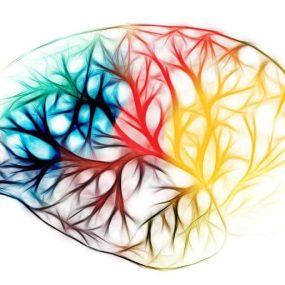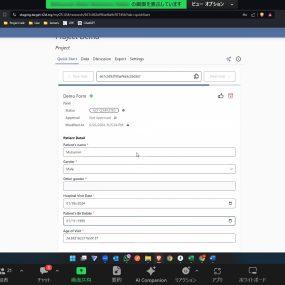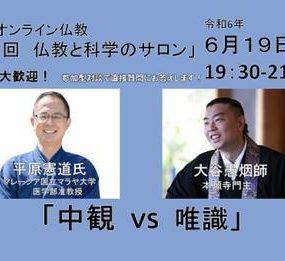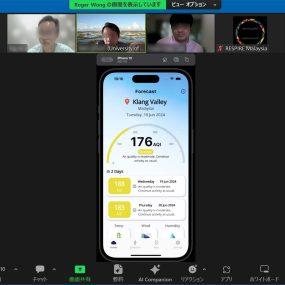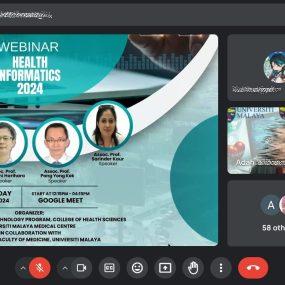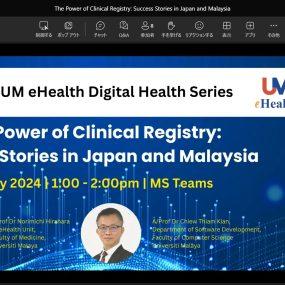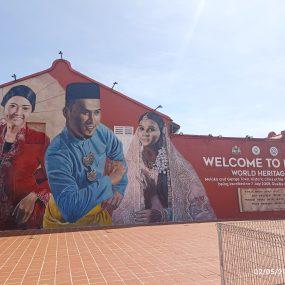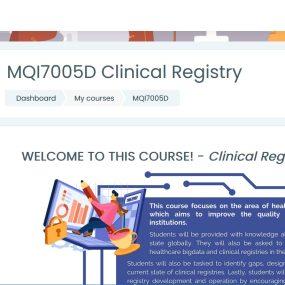Implantable Brain Device Cures Epilepsy|埋め込み型脳内デバイスでてんかんを治す
It is almost a frightening scientific and technological advancement…. A medical device has been developed that dramatically reduces seizure symptoms in patients with chronic epilepsy, which until now was considered nearly impossible to cure. Although neurosurgery is required because the device is placed directly over the brain, considering the fact that patients with this condition
